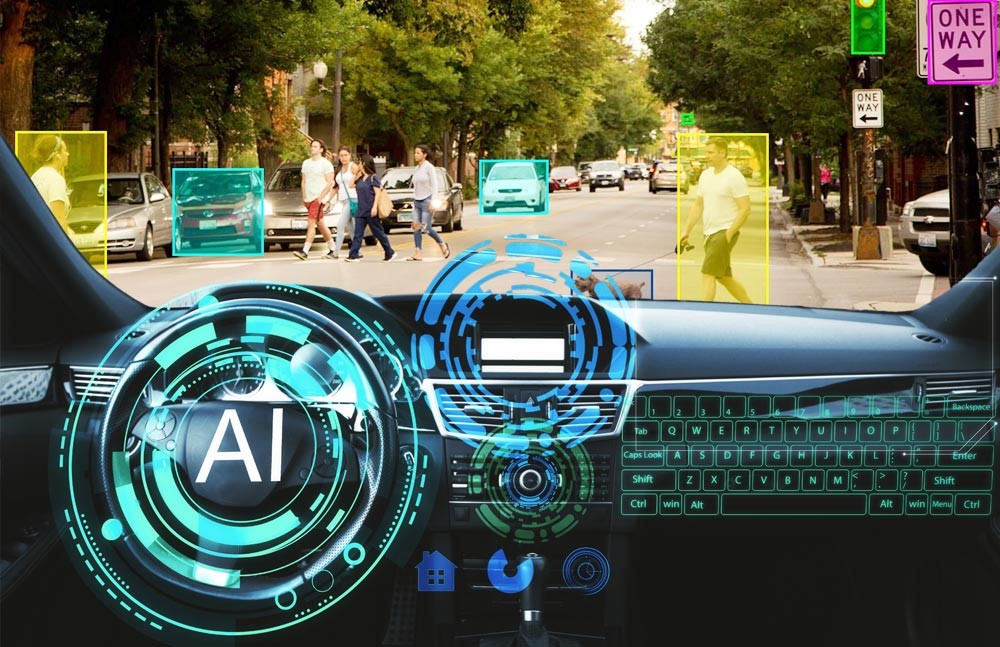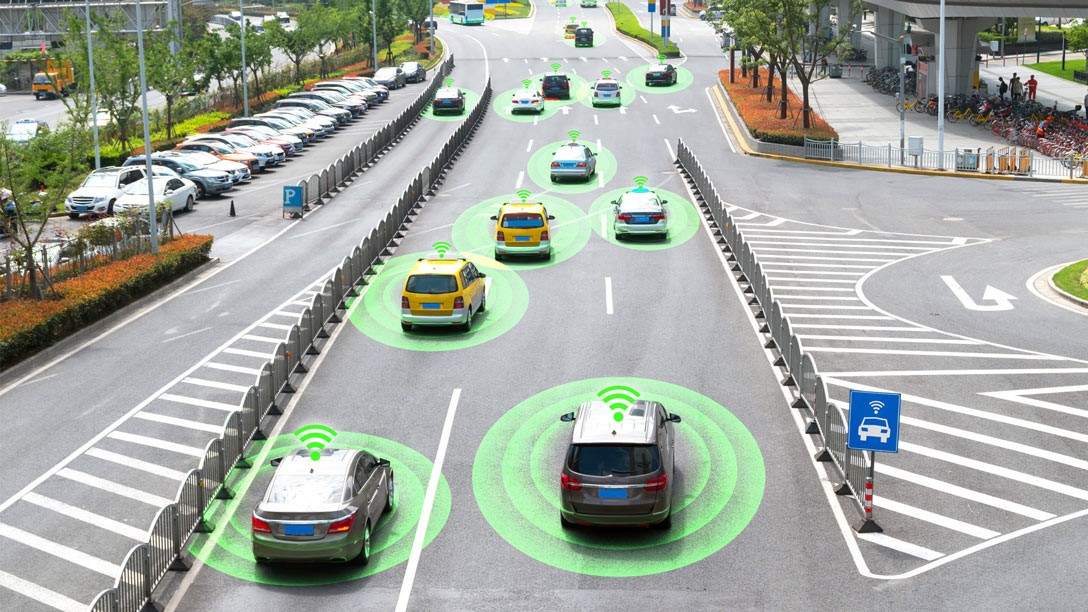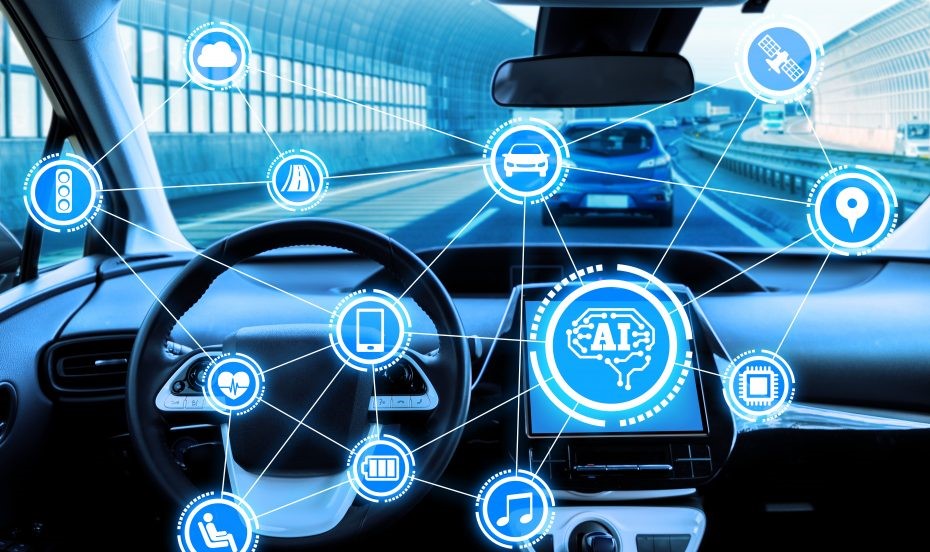Challenges and Concerns
In this section, address some of the challenges and concerns surrounding autonomous vehicles. Discuss the technological hurdles that need to be overcome, such as improving sensor capabilities, handling complex environments, and ensuring reliable communication systems. Address concerns related to cybersecurity and the potential for hacking. Also, discuss the ethical dilemmas associated with autonomous vehicles, such as decision-making in critical situations.

Figure 1. Challenges and Concerns of Autonomous vehicle
Figure 1 shows Challenges and Concerns of Autonomous vehicle. While autonomous vehicles hold great promise for the future of transportation, there are several challenges and concerns that need to be addressed. These include technological, regulatory, ethical, and societal considerations.
Here are some key challenges and concerns associated with autonomous vehicles:
Technological Hurdles: Developing fully autonomous vehicles that can reliably operate in complex and unpredictable real-world scenarios is a significant technical challenge. Advancements are needed in sensor technology, artificial intelligence algorithms, and machine learning to improve perception, decision-making, and control systems. Ensuring the robustness and safety of these technologies in various weather conditions, road situations, and unexpected events remains a critical area of research and development.
Safety and Liability: Despite the potential for improved safety, concerns exist about the safety of autonomous vehicles. Accidents involving autonomous vehicles, although relatively rare, have raised questions about the liability and responsibility in case of a collision. Determining fault, insurance coverage, and legal frameworks surrounding accidents involving autonomous vehicles require careful consideration and legislation.[1]
Cybersecurity and Data Privacy: As autonomous vehicles become more connected and reliant on data exchange, cybersecurity becomes a major concern. The potential for cyber-attacks, such as hacking into control systems or manipulating sensor data, poses risks to the safety and integrity of autonomous vehicles. Additionally, the collection and use of vast amounts of personal data raise concerns about privacy and data protection. It is crucial to establish robust security measures and regulations to safeguard against cyber threats and protect user privacy.
Ethical Dilemmas: Autonomous vehicles may face complex ethical decisions in critical situations, such as choosing between minimizing harm to occupants or to pedestrians in unavoidable accidents. Determining how these decisions should be programmed raises challenging ethical dilemmas. Developing consensus on ethical frameworks and guidelines for decision-making in such scenarios is crucial to ensure transparency, accountability, and public trust in autonomous vehicle technology.
Regulatory and Legal Frameworks: The development and widespread adoption of autonomous vehicles require updated regulatory frameworks that can address safety standards, licensing, liability, and the integration of autonomous vehicles into existing transportation systems. Governments and regulatory bodies need to work collaboratively with industry stakeholders to establish clear guidelines and regulations that ensure safety, promote innovation, and address public concerns.
Public Acceptance and Adoption: Acceptance and trust in autonomous vehicles among the general public are important factors for their successful integration into society. Addressing public concerns related to safety, job displacement, privacy, and the overall impact on transportation systems is essential. Public awareness campaigns, education, and demonstration projects can play a significant role in fostering understanding and acceptance of autonomous vehicle technology.
Economic and Social Impacts: The widespread adoption of autonomous vehicles may lead to job displacement in certain sectors, such as professional driving. Preparing for potential workforce transitions and addressing the social and economic impacts of autonomous vehicles on industries, employment, and urban planning is essential. Collaborative efforts between governments, industries, and communities can help manage these impacts effectively.
Addressing these challenges and concerns requires collaboration among various stakeholders, including policymakers, technology developers, regulatory bodies, and the public. By addressing these concerns proactively, we can unlock the transformative potential of autonomous vehicles while ensuring safety, ethical considerations, and a smooth integration into our transportation systems.
References:
- https://www.govtech.com/fs/the-6-challenges-of-autonomous-vehicles-and-how-to-overcome-them.html
Cite this article:
Janani R (2023),The Future of Autonomous Vehicles and Their Implications for Transportation, Anatechmaz,pp 3





